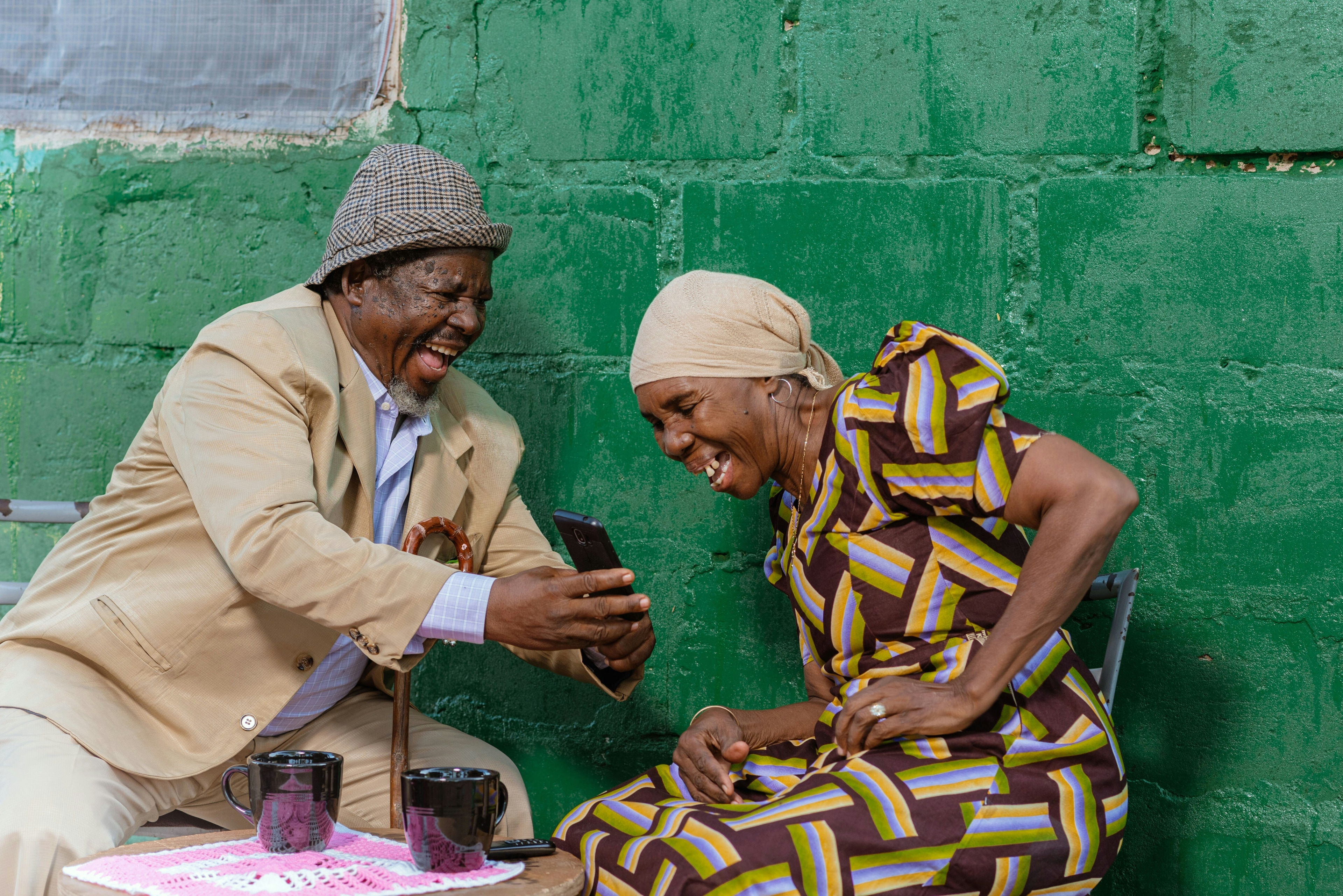6 charts that reveal global attitudes to LGBT+ and gender identities in 2021

Across all 27 countries, 54% support the right of LGBT+ people to marry legally.
Image: REUTERS/Kacper Pempel
Stay up to date:
LGBTI Inclusion
Listen to the article
- Germany and Sweden have the highest proportion of people identifying as other than male or female, a new Ipsos poll finds.
- Most of the 27 countries surveyed supported anti-discrimination laws and equal marriage and adoption rights.
- But opinion is divided on allowing transgender athletes to perform according to the gender they identify with.
Globally, 1% of adults currently describe themselves as transgender, non-binary, non-conforming, gender-fluid or “in another way”, rather than as male or female, according to a new survey.
More than 19,000 people, aged 16 to 74, were canvassed in 27 different countries between 23 April and 7 May for the Ipsos LGBT+ Pride 2021 Global Survey.
Of those adults surveyed, an average of 80% identified as heterosexual while 3% identified as gay, lesbian or homosexual. Four percent responded to say they were bisexual, 1% as pansexual or omnisexual, 1% as asexual, 1% as “other”, while 11% either don’t know or didn’t say.

Germany and Sweden have the highest proportion of people identifying as other than male or female, at 3%.
Here are some of the other key findings of the report:
Generation gap
A higher percentage of younger people described their gender as other than male or female, according to the survey.
Among ‘Generation Z’ – those born since 1997 who are no older than 24 – a global average of 4% of respondents identified as transgender, non-binary, non-conforming, gender-fluid, or “in another way” other than male or female.

What's the World Economic Forum doing about diversity, equity and inclusion?
Exposure to the community
On average, globally, 42% say they have a relative, friend or colleague who is lesbian, gay or homosexual, while exposure to the LGBT+ community is found to be more prevalent among women than men (47% vs 37%).
There are big variants between countries, however, with 66% in Brazil reporting having a gay or lesbian relative, friend or colleague, while that figure is just 7% in Japan and South Korea.

Support for equality
“Anti-discrimination laws and equal marriage and adoption rights for LGBT people are supported by majorities in most of the 27 countries,” says the report, “but are fiercely opposed in a few of them.”
On average, across all 27 countries, 54% support the right of LGBT people to marry legally, but Russia (52%) and Malaysia (65%) have majorities against legal recognition of same-sex relationships.
Accept our marketing cookies to access this content.
These cookies are currently disabled in your browser.
There have also been shifts in opinion: an average of 36% say their views on same-sex marriage have changed from five years ago.

Visibility varies
“On average, there is more support than opposition toward LGBT people displaying affection in public and more LGBT characters on TV, in films and in advertising,” says the report.
Support for people being open about their sexual orientation or gender identity is highest in Spain (73%), Argentina (69%) and Chile (68%), and lowest in Russia (12%) and Malaysia (14%).

A mixed picture for athletes
Half of those surveyed support lesbian, gay and bisexual athletes being open about their orientation.
“On the other hand, when it comes to allowing transgender athletes to perform according to the gender they identify with,” the report notes, “public opinion is divided and varies widely across countries.” On average, globally, only 32% support transgender athletes competing based on the gender they identify with, rather than the sex they were assigned at birth. The same percentage opposes it.

Accept our marketing cookies to access this content.
These cookies are currently disabled in your browser.
Don't miss any update on this topic
Create a free account and access your personalized content collection with our latest publications and analyses.
License and Republishing
World Economic Forum articles may be republished in accordance with the Creative Commons Attribution-NonCommercial-NoDerivatives 4.0 International Public License, and in accordance with our Terms of Use.
The views expressed in this article are those of the author alone and not the World Economic Forum.
Related topics:
Forum Stories newsletter
Bringing you weekly curated insights and analysis on the global issues that matter.
More on Civil SocietySee all
David Ebube Nwachukwu and Adam Skali
August 25, 2025
Thom Townsend
August 20, 2025
Valeriya Ionan
July 28, 2025
Annette Mosman
June 19, 2025
Laura Henderson
June 4, 2025




